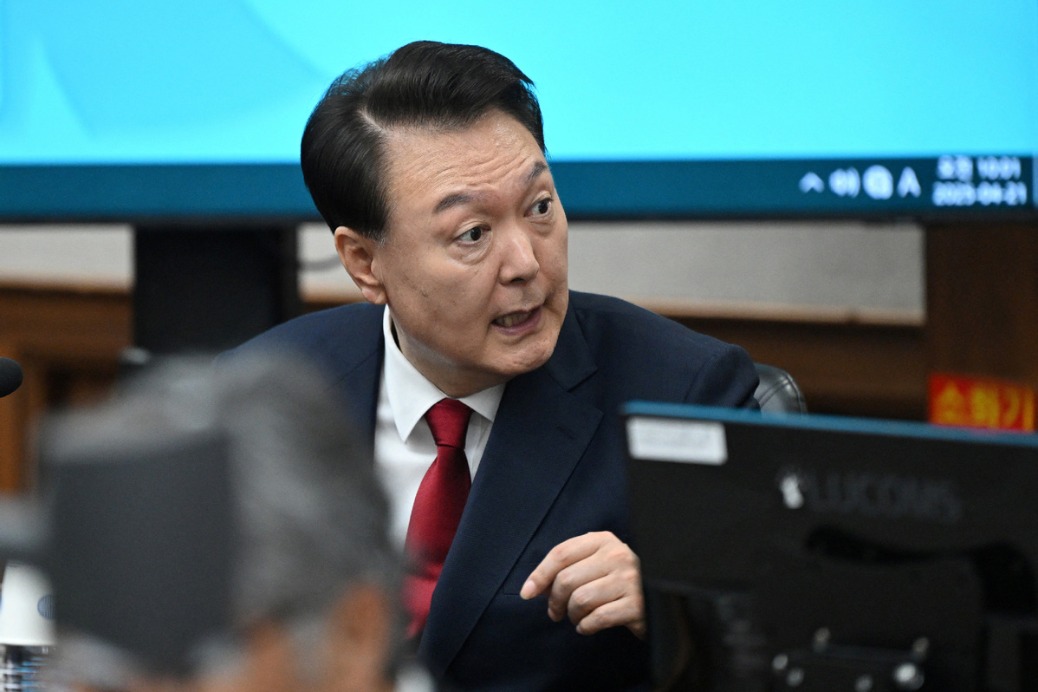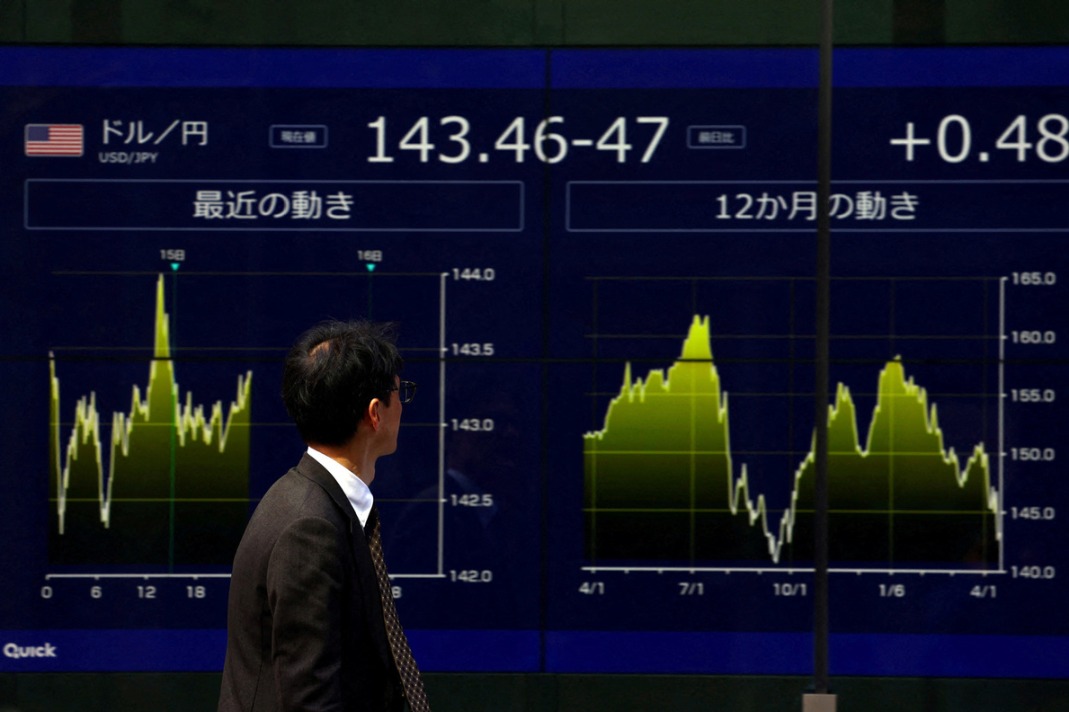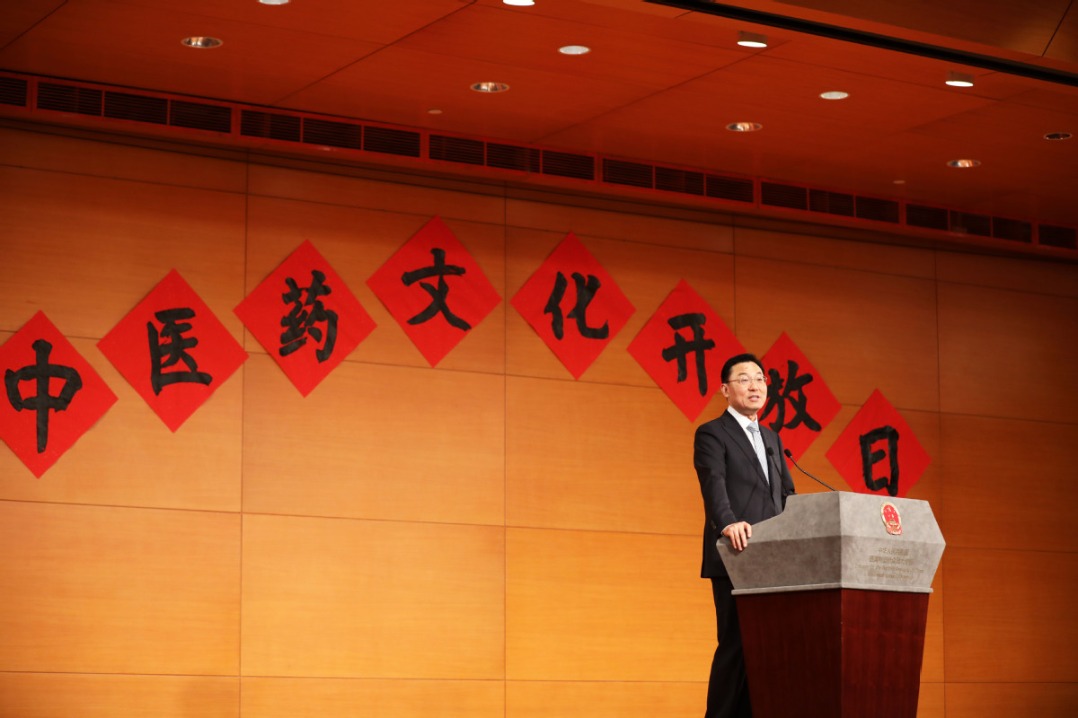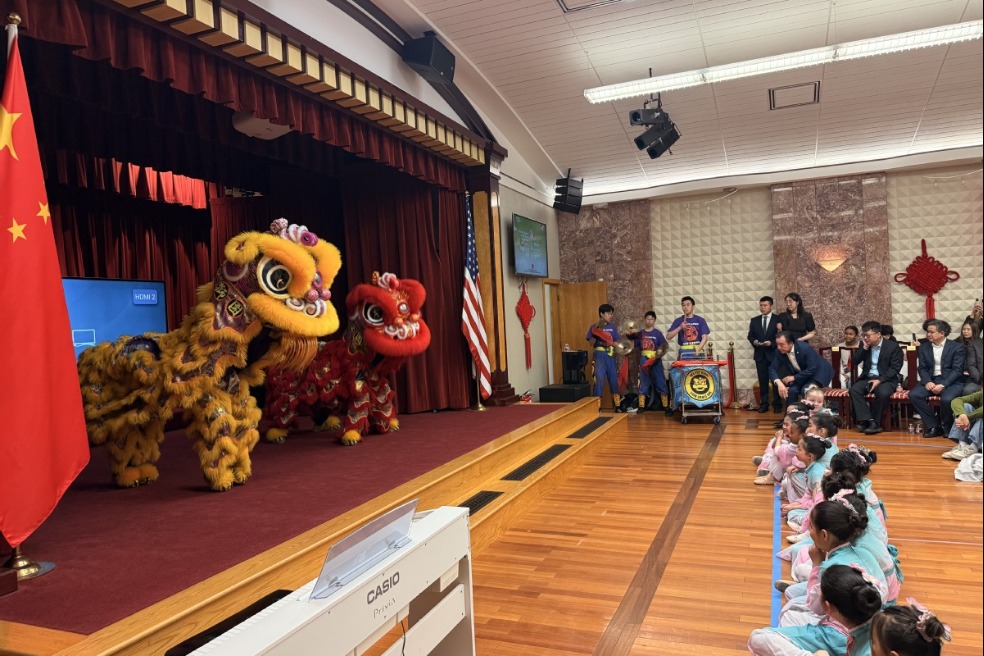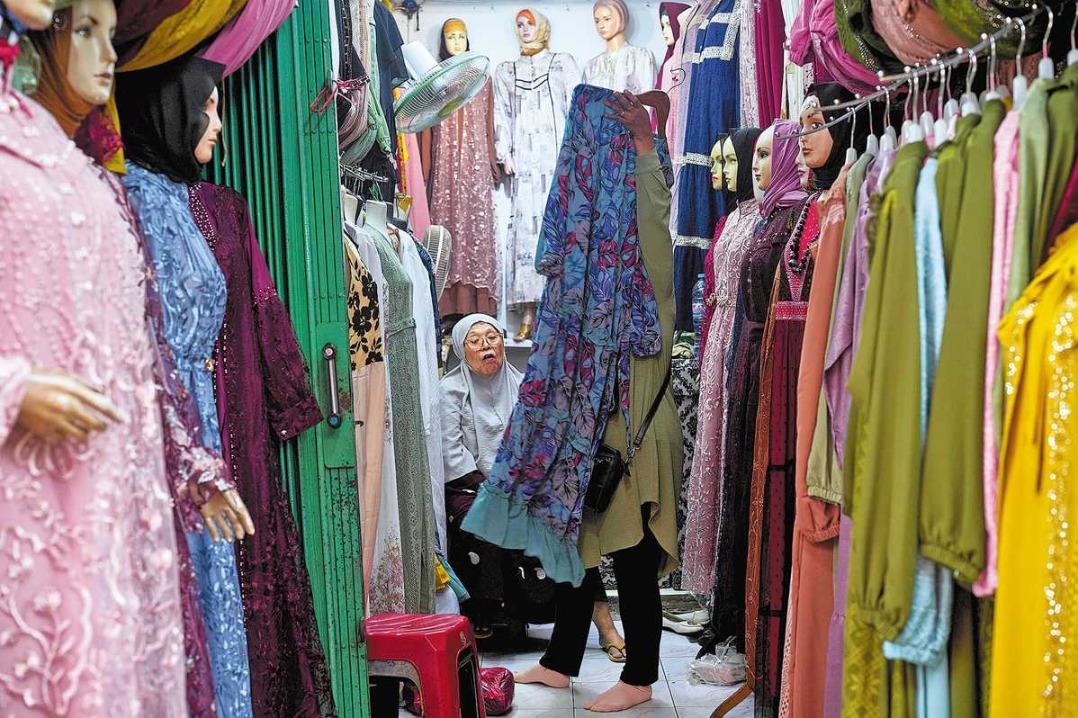Investing in science plays big role in global leadership


The strategic dialogue between Russia and China plays a leading role in the development of the Shanghai Cooperation Organization, a Russian expert said.
In his keynote speech to the China-SCO-Eurasia Youth Leaders Dialogue, Yuri Kulintsev, deputy director of youth policy at the Institute of Far Eastern Studies at the Russian Academy of Sciences, said the 20th Summit of the SCO in September demonstrated that in the last two decades, the SCO has grown into the most influential regional integration initiative in the Eurasian area.
Kulintsev stressed the achievement of states in the fields of culture and art, science, technology and education as the main factors of influence on world politics, along with military-political weight and economic resources.
In the modern world, leadership in international politics is increasingly determined by the ability of states to develop their own talent and labor forces, he said, and that one of the most effective ways of achieving global leadership is to increase investment in science and in the development of young scientists.
He noted that many developing countries in the Eurasian region, including SCO member states, that are in the process of transitioning to an innovative economic model, pay particular attention to the modernization and internationalization of the training of their scientists.
Speaking in reference to the SCO, Kulintsev said, "The Shanghai Cooperation Organization oversees the SCO University, which is tasked with educating some of those, including scientists, who go on to work in SCO member states."
The SCO University is a network institution that seeks to combine the potential of universities in Kazakhstan, China, Kyrgyzstan, Russia and Tajikistan, and it has developed into a vast association uniting over 80 leading universities from SCO member countries.
Kulintsev said the university was opened after the signing of an agreement in 2006 between governments of SCO member states on cooperation in the field of education.
One of the agreement's key points was a statement by the SCO demonstrating its support for "the development of integration processes in the field of education and the creation for this purpose of an information and regulatory legal framework".
Kulintsev said that educational cooperation between SCO countries strengthened trust and neighborly relations; furthered integration in the fields of education, science and technology; gave new impetus to educational, scientific and cultural cooperation; and expanded opportunities for young people to get high-quality modern education.
More importantly, this cooperation promoted effective coordination between member states in the political, trading, economic, scientific, technical and cultural realms, he added.
















